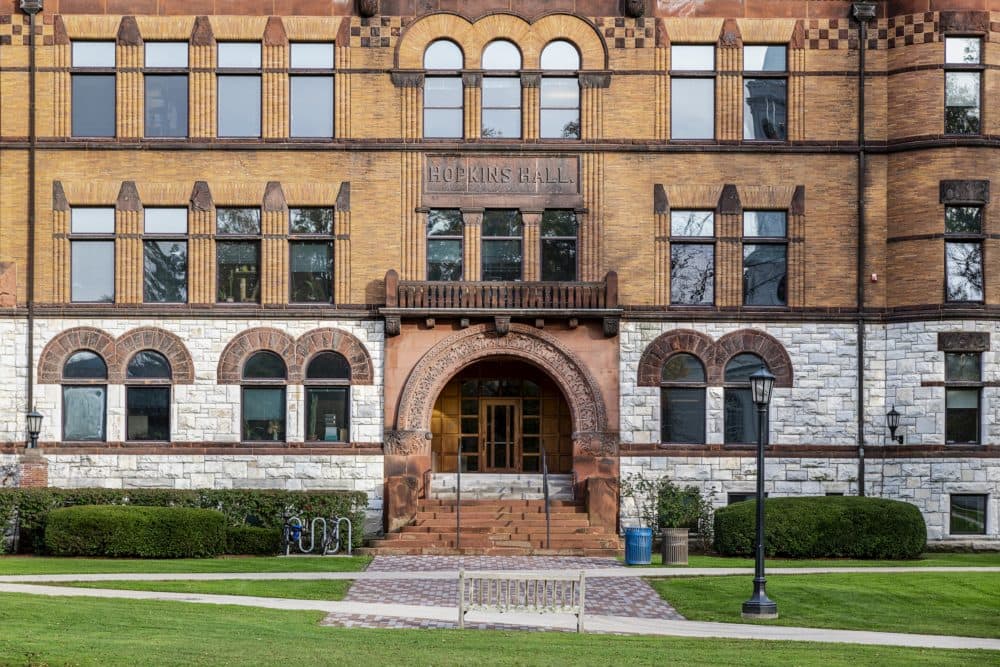Advertisement
Williams College eliminates loans and work requirements from its financial aid program

Williams College in Berkshire County, Massachusetts, announced Wednesday it is eliminating both loans and work requirements from financial aid packages.
Some colleges have replaced loans with financial awards that do not need to be paid back to lessen student loan debt, but Williams said it is going a step further by not requiring jobs to help pay for going to school.
College officials said they are the first in the country to remove both from financial aid awards.
President Maud Mandel said not having to work will give attendees more time to focus on their studies and other pursuits.
"We're trying to open up the full range of opportunities for all students who attend Williams College to explore, to learn to grow academically and personally while they're on campus," Mandel said.
The shift, which takes effect next academic year, will impact more than half of the school's 2,100 projected students.
According to figures provided by Williams, it will cost $77,300 for tuition, room and board as well as fees. The average financial aid is $67,000, leaving some families to make a contribution in order to fill in any gaps. Williams said adjustments have been made to reduce how much families may need to kick in.
About 19% of students are expected to pay nothing to attend.
Williams said it will cost $6.75 million a year to implement the changes.
"We fund our budget every year from our endowment, from our tremendous support by our generous alumni and by tuition," Mandel said. "Just like all initiatives, we'll be drawing from the collection of those resources."
Last year, the school eliminated a “summer earnings contribution,” which was a fixed amount students were expected to earn and then use to pay for some of the cost of their education.
This story is part of the New England News Collaborative. It was originally published by New England Public Media.